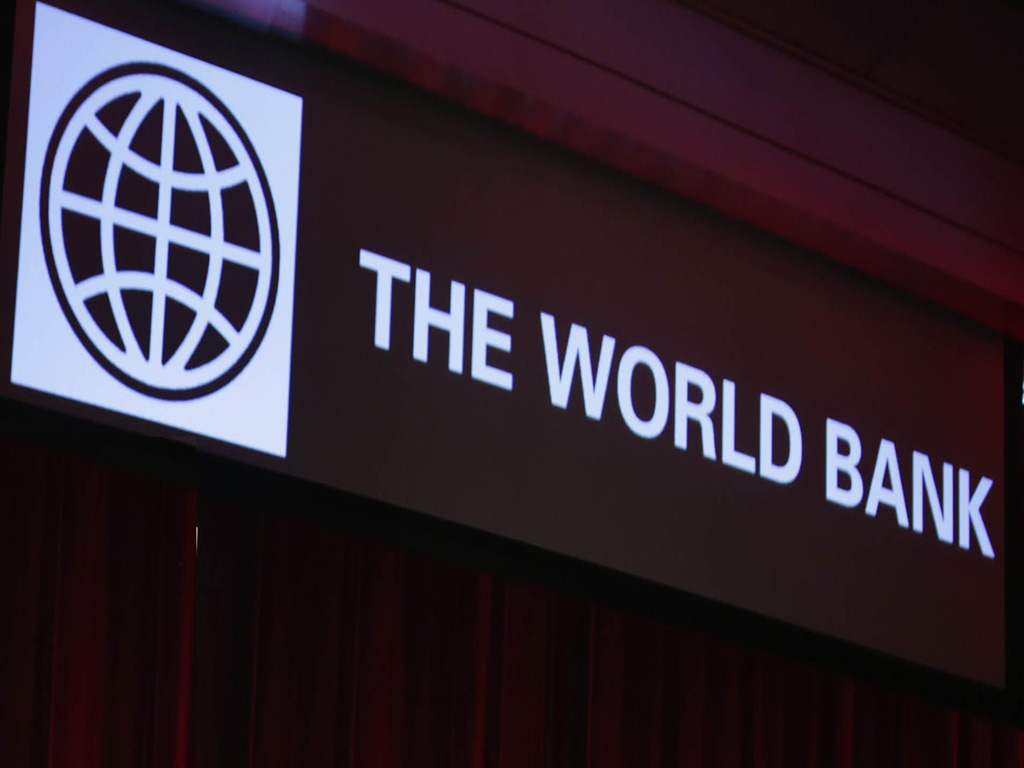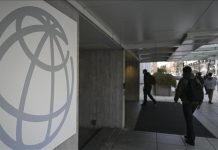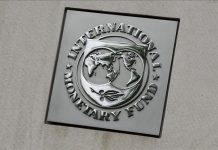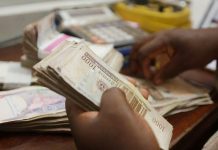AfricaPress-Tanzania: TANZANIA has insisted that it will honour the terms and objectives of the World Bank-supported Secondary Education Quality Improvement Project (SEQUIP).
It is now certain that the massive education initiative, which seeks to improve access and quality of secondary education, will be implemented in the country after the World Bank’s Board of Executive Directors approved a 500m US dollars (1.15tri/-) to Tanzania last Tuesday.
And the Ministry of Education, Science and Technology yesterday reaffirmed government position and the country’s commitment to implement the project according to the agreement between the government and the World Bank.
Tanzania has insisted that it will honour the terms and objectives of the Secondary Education Quality Improvement Project (SEQUIP) bankrolled by the World Bank.
It is now certain that the massive education initiative, which seeks to improve access and quality of secondary education, will be implemented in the country after the World Bank’s Board of Executive Directors approved a 500m US dollars (1.15tri/-) to Tanzania last Tuesday.
And the Ministry of Education, Science and Technology yesterday reaffirmed the country’s commitment to implement the project according to the agreement between the government and the World Bank.
The ministry, on the other hand, rubbished off speculations and commentaries in social media regarding the impact of the project, insisting the scheme will benefit millions of Tanzanian children.
“We wish to assure all education stakeholders that the government is set to implement the project as per the terms of the project design and the related objectives as agreed and approved by both parties, the Government of the United Republic of Tanzania and the World Bank Inc.,” Permanent Secretary in the Ministry of Education, Science and Technology, Dr Leonard Akwilapo said in a statement issued yesterday.
The government apparently ridiculed unfounded claims by a section of activists, noting that the project will indiscriminately benefit directly more than 6.5 million secondary school students across the country.
“This will include having in place systems that will support out of school children to have opportunities to pursue their educational goals through prescribed alternative ways,” said Dr Akwilapo.
Dr Akwilapo reiterated that stakeholders will always be formerly engaged at various stages and continuously informed on the implementation progress as per the agreed plan of action as he expressed gratitude to World Bank for supporting the project.
“On behalf of the government, we once again extend our deep appreciation to the World Bank for their support in this project which will give a lot of impetus to the welfare of our boys and girls in their education progression,” he gratified.
Tanzania’s Fee-Free Basic Education Policy has led to more children entering school. Primary enrollment rose from 8.3 million to 10.1 million between 2015 and 2018, while secondary enrollment increased from 1.8 million to 2.2 million.
According to estimations, the population of secondary education students in the country could double to 4.1 million by 2024.
The five-year SEQUIP operation therefore will help address this demand through four components, with disbursement of funds linked to clearly defined, measurable, and independently verified results through four components.
Also, the project aims to improve access to safe secondary education in schools and alternative education centers and to help girls continue and complete this schooling. It aims to help 900,000 more girls attend secondary school.
The project will also introduce digital technology to facilitate math and science teaching and improve learning and teacher efficiency, thus, improving the quality of secondary school teaching and learning environments.
The SEQUIP will support government efforts to expand the number of secondary school places, reduce the distance between a student’s home and her school, and ensure that schools offer safe and good-quality learning environments.







